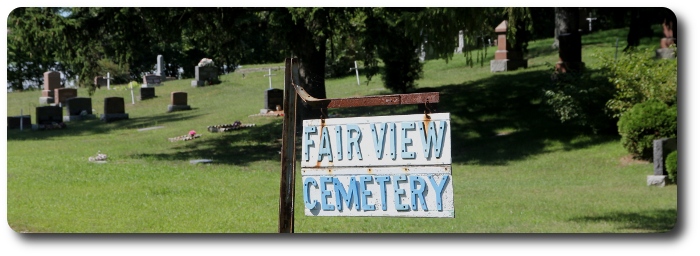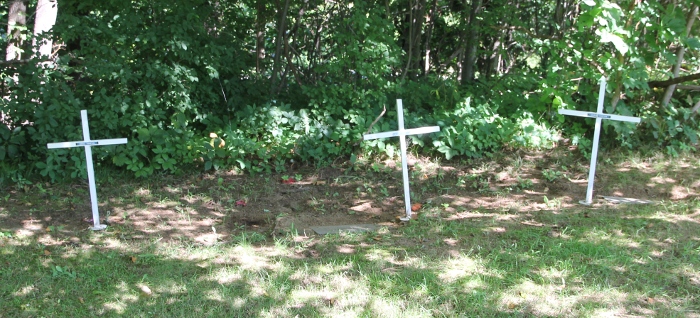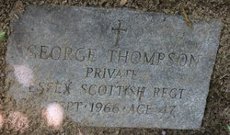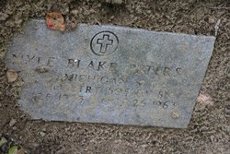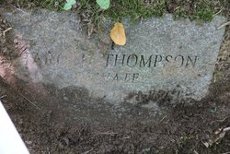Topic: Remembrance
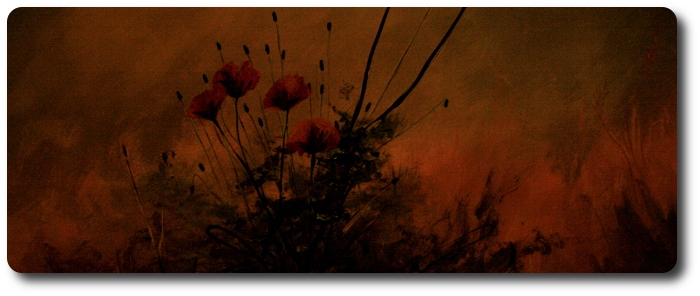
In 1931, the Canadian Government established formally that Remembrance Day would be celebated each year on November 11th and would no longer require a Proclamation to set the date. This change required a dedicated messaging campaign to ensure the public understood the change and were not expecting the traditional Proclamation.
Remembrance Day a National Holiday Without Proclamation
Established by Legislation, It Stands in Same Position as labor Day, Christmas Day, and New Year's Day, Government Wishes It Observed as Armistice day in Past
Ottawa Citizen, 6 November 1931
Remembrance Day stands in the same position as the 1st of July, Labor Day, Christmas Day or New Year's Day. As it is a holiday established by legislation, there is no necessity for His Excellency the Governor-General to proclaim the day as a holiday. Neither is it necessary for any provincial or municipal authority to proclaim a holiday. The intention is that Remembrance Day shall be observed in the same way as Armistice day has in the past. The desire of the government is that Remembrance Day "be observed and honored throughout the country."
In an official statement issued late yesterday, these declarations of the government with respect to the observance of Remembrance Day, and the secretary of state of Canada considers it advisable to make a public statement in order to avoid uncertainty in the matter.
"By legislation of the last session of Parliament, the 11th of November was fixed as a public holiday and described as Remembrance Day. There is no difference between holidays as set out in the Interpretation Act. Remembrance Day stands in the same position as the 1st of July, Christmas Day or New Year's Day. As it is a holiday established by legislation, there is no necessity for His Excellency the Governor-General to proclaim the day as a holiday. Neither is it necessary for any provincial or municipal authority to proclaim a holiday.
"It has already been announced that in many cities of Canada the day will be observed by parades of war veterans and militia, solemn silence and similar ceremonies, and it is the intention that Remembrance Day shall be observed in the same way that Armistice day has been in the past.
"At Ottawa, ceremonies in honor of the day will take place on Parliament Hill, at which His Excellency the Governor-General, the Prime Minister and other members of the government will be present and it is the desire of the government that Remembrance Day be observed and honored throughout the country."


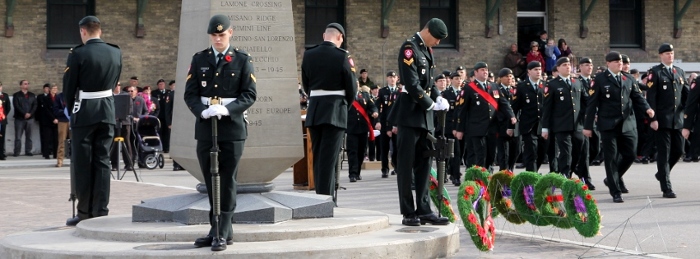
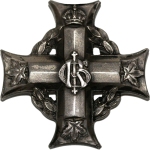 It has become a settled conviction that the question of the statutory observance of Armistice Day and Thanksgiving Day was settled for all time by the adoption in 1921 of legislation which fixed the two events for the Monday in the week in which 11th November shall occur. November 11 was the date in 1918 on which the World War was concluded by an armistice.
It has become a settled conviction that the question of the statutory observance of Armistice Day and Thanksgiving Day was settled for all time by the adoption in 1921 of legislation which fixed the two events for the Monday in the week in which 11th November shall occur. November 11 was the date in 1918 on which the World War was concluded by an armistice. 
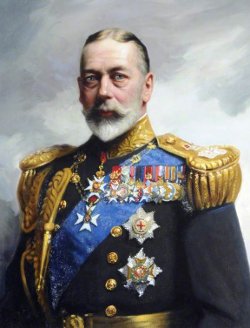 In the years immediately after the
In the years immediately after the 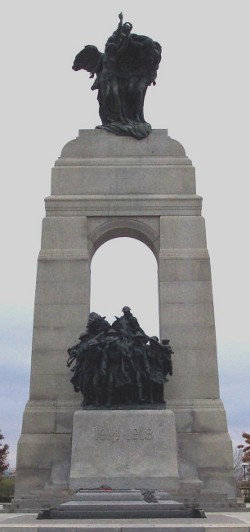 Shawinigan Standard, 5 November 1947
Shawinigan Standard, 5 November 1947


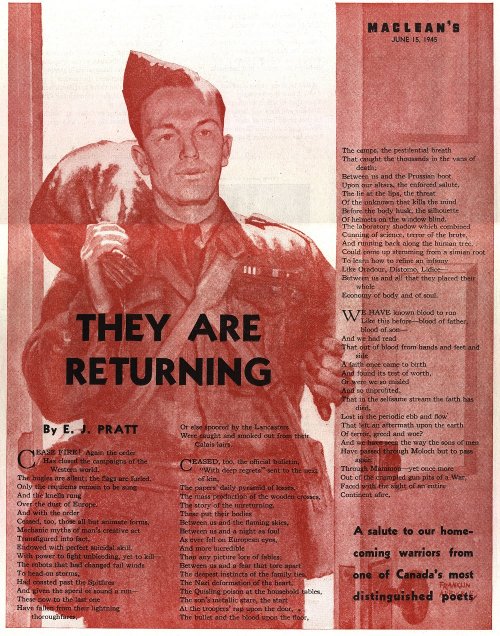
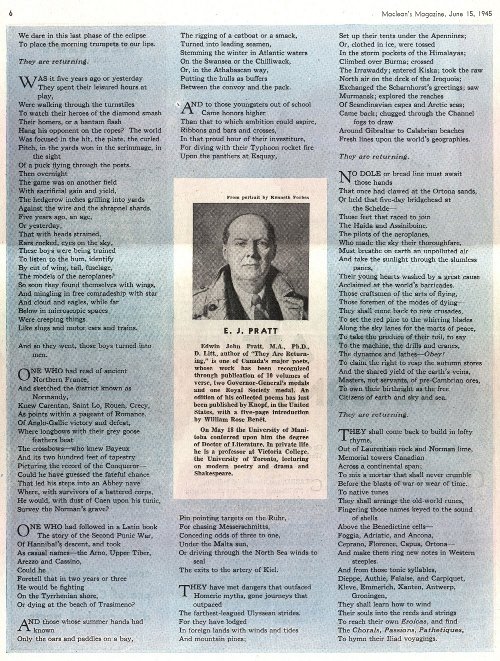

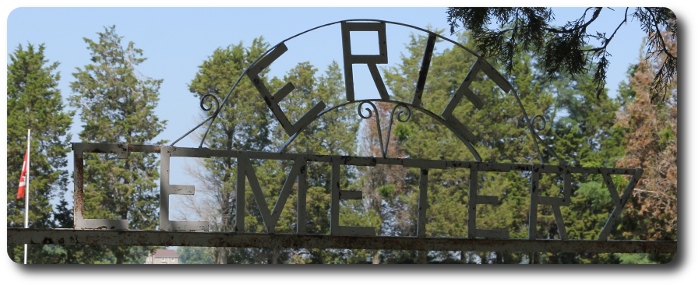
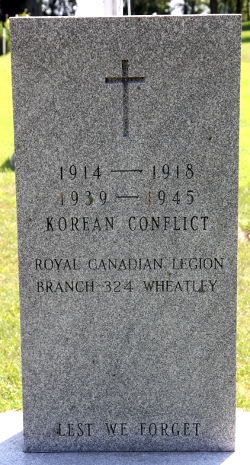 Over the past few years, my wife and I have fallen into the habit of wandering through cemeteries when we find the opportunity. She looks for those gravestones that hint at family stories of sadness or celebrations of life, while I am invariably attracted to the "soldier's stones." These soldier's stones, the
Over the past few years, my wife and I have fallen into the habit of wandering through cemeteries when we find the opportunity. She looks for those gravestones that hint at family stories of sadness or celebrations of life, while I am invariably attracted to the "soldier's stones." These soldier's stones, the 






